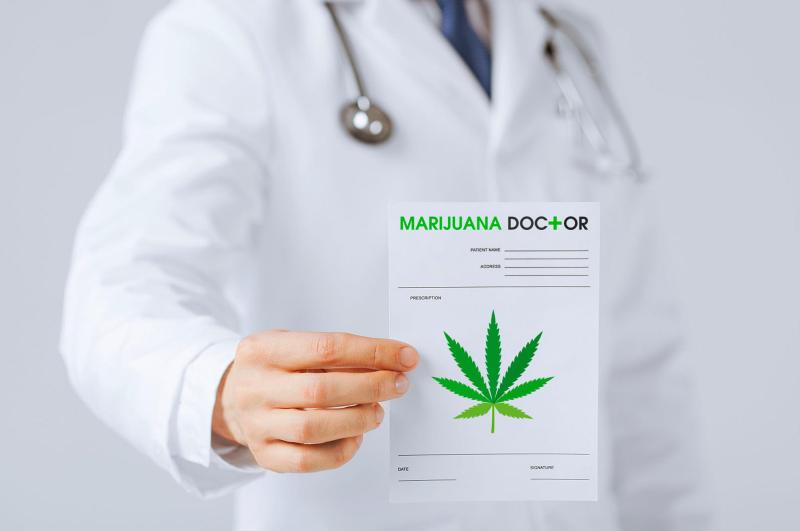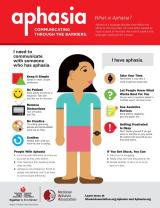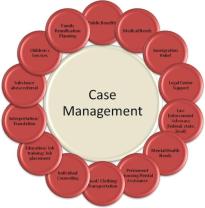What is a medical cannabis card?
A medical cannabis card, also known as a medical marijuana card or a medical cannabis recommendation, is an identification card issued by a state or country that allows individuals to legally purchase and use medical cannabis for specific medical conditions. The purpose of the card is to provide legal protection to patients who are using cannabis as a part of their medical treatment.
Key Components of a Medical Cannabis Card:
Patient Information:
- The card typically includes the patient's name, date of birth, address, and other relevant identification details.
Doctor's Recommendation:
- To obtain a medical cannabis card, a patient needs a recommendation from a licensed healthcare professional. This recommendation verifies that the patient has a qualifying medical condition for which medical cannabis may be beneficial.
Expiration Date:
- Medical cannabis cards are usually valid for a specific period, and they need to be renewed regularly. The expiration date is an important aspect to ensure that patients continue to meet the criteria for medical cannabis use.
Legal Protection:
- Possession of a valid medical cannabis card provides legal protection to patients who are using cannabis for medical purposes. It serves as evidence that the individual is a registered medical cannabis patient and is following the legal requirements.
Benefits of Having a Medical Cannabis Card:
Access to Dispensaries:
- A medical cannabis card allows patients to access licensed dispensaries or medical marijuana treatment centers to purchase cannabis products legally.
Higher Possession Limits:
- In many jurisdictions, medical cannabis patients are allowed to possess higher amounts of cannabis than recreational users. The card often specifies the legal limits.
Legal Protection:
- Possession of a medical cannabis card provides legal protection against arrest or prosecution for the use of cannabis for medical purposes. It serves as a defense in case of legal scrutiny.
Tax Exemptions:
- Some jurisdictions provide tax exemptions or reductions for medical cannabis purchases, making it more affordable for patients with a valid medical cannabis card.
Variety of Products:
- Medical cannabis patients may have access to a broader range of cannabis products, including different strains, concentrations, and formulations, catering to specific medical needs.
How to Obtain a Medical Cannabis Card:
Qualifying Medical Condition:
- Check the list of qualifying medical conditions set by the state or country. Common conditions include chronic pain, cancer, epilepsy, multiple sclerosis, and others.
Consultation with a Healthcare Professional:
- Schedule an appointment with a licensed healthcare professional who is authorized to recommend medical cannabis. The doctor will evaluate your medical history and determine if cannabis is a suitable treatment.
Obtain a Recommendation:
- If the healthcare professional believes that medical cannabis is appropriate for your condition, they will provide a written recommendation.
Apply for a Medical Cannabis Card:
- Submit the recommendation along with any required documentation to the relevant state or local health department. This may involve completing an application and paying a fee.
Receive the Medical Cannabis Card:
- Once approved, you will receive a medical cannabis card in the mail. Keep the card with you whenever you possess or purchase medical cannabis.
It's important to note that the process for obtaining a medical cannabis card varies by jurisdiction, and not all states or countries have legalized medical cannabis. Individuals should familiarize themselves with the specific regulations and requirements in their area.
1. Benefits of a Medical Cannabis Card
A medical cannabis card provides several benefits to those who qualify, including:
Access to regulated and tested cannabis products: Medical cannabis is subject to stricter regulations and quality control measures compared to recreational cannabis. This ensures that medical cannabis patients have access to safe, consistent, and high-quality products.
Legal protection: Medical cannabis cardholders are protected from legal repercussions for possessing and using cannabis for medical purposes. This provides peace of mind and allows patients to focus on their health and well-being.
Recommendations from healthcare professionals: Medical cannabis cardholders receive recommendations from licensed healthcare professionals who can assess their individual needs and recommend appropriate cannabis products and dosages.
Potential health benefits: Medical cannabis has been shown to provide relief for a variety of medical conditions, including chronic pain, nausea, anxiety, epilepsy, and multiple sclerosis.
2. Differences between Medical and Recreational Cannabis Use
Medical cannabis use differs from recreational cannabis use in several key aspects:
Purpose: Medical cannabis is used to treat or manage medical conditions, while recreational cannabis is used for enjoyment or leisure.
Regulation: Medical cannabis is subject to stricter regulations and quality control measures compared to recreational cannabis.
Access: Medical cannabis is only available to patients who qualify for a medical cannabis card, while recreational cannabis is available to adults in states where it has been legalized.
Taxation: Medical cannabis is often taxed at a lower rate than recreational cannabis.
3. Where Can You Use a Medical Cannabis Card
The legality and availability of medical cannabis vary from state to state. In states where medical cannabis is legal, cardholders can typically use their cannabis products at home, in designated dispensaries, or in certain public places where smoking is permitted.
4. Can a Medical Cannabis Card Be Used in Different States
The reciprocity of medical cannabis cards varies from state to state. Some states have reciprocity agreements with other states, allowing medical cannabis patients to use their cards in those states. However, not all states have reciprocity agreements, and patients should check the laws in each state they plan to visit.
5. Qualifying for a Medical Cannabis Card
The qualifications for obtaining a medical cannabis card vary from state to state. Generally, individuals must have a qualifying medical condition as diagnosed by a licensed healthcare professional. Some common qualifying conditions include chronic pain, nausea, anxiety, epilepsy, and multiple sclerosis.
To apply for a medical cannabis card, individuals typically need to provide documentation of their medical condition, proof of residency, and a consultation with a licensed healthcare professional. The application process may also involve background checks and fingerprinting.












